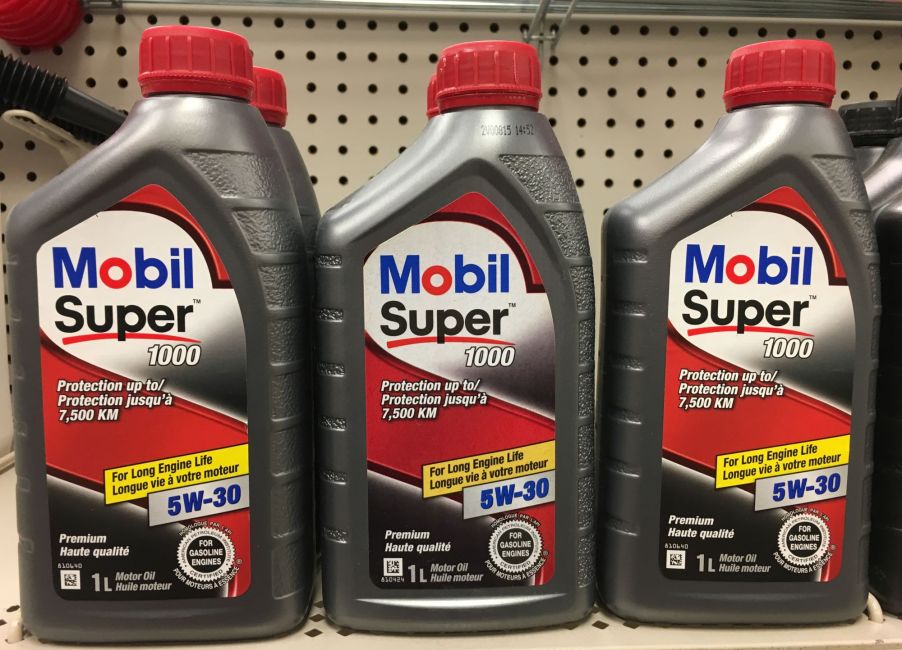
Is It Possible to Switch to Synthetic Oil?
Car owners have a choice between conventional mineral oils and synthetic oils. Synthetic oils have several advantages for your car maintenance, including stable viscosity, less wear on parts, and optimized fuel consumption. It also performs better in engines with variable valve timing, direct injection, or superchargers as it performs at a wide temperature range.
However, many car owners are unsure whether to switch to synthetic oil. They fear it may have a detrimental effect on their car engines or cause performance problems. Are their fears justified? Let’s look at ways to make a safe switch to synthetic oil.

Do you need to modify your car to use synthetic oil?
Many are concerned that modifications are necessary when switching to synthetic oil. However, that is not the case. You can switch to synthetic oil without making any modifications to your vehicle’s engine. Go Auto advises that you consult your vehicle owner’s manual to determine the oil grade you should use. Use a similar grade for synthetic oil when making the switch.
Most modern cars will not undergo any noticeable change if you change from conventional to synthetic oil, except for the advantages. However, if your vehicle is over 10 years old, you may want to have it checked by your auto center before making the switch to synthetic oil, as some worn-out parts may not perform as expected.
Car experts approve the use of different oils as long as they are of the same weight. This means that you can switch from conventional to synthetic oil and back, depending on your needs. You can also change oil brands without detrimental effects on your car’s engine.
There are synthetic oils of different grades. You should be able to find one for any vehicle, whether trucks, sedans, or heavy-duty land movers. Synthetic oils use similar grades to conventional ones.
Fears associated with synthetic oil
Firestone Complete Auto shares some oil change myths that make some car owners afraid of using synthetic motor oil.
One myth is that switching to synthetic oil can cause leaks. While it is thinner than conventional oil, it does not eat away at any tubes. Instead, it may leak into damaged spots where the thicker oil could pass through. Therefore, it only leaks if there is damage to the system.
Other’s believe you cannot switch back to conventional oil after going synthetic. This is not true as well. You are not bound to synthetic oil once you start using it. Due to its superior qualities, many car owners do not want to go back to conventional oils. Otherwise, your car’s engine will not suffer any damage if you go back to conventional car oil.
Lastly, some believe you cannot make the switch until you have properly “broken in” the car. This is also not true. Many cars are now shipped from the factory with synthetic oil. Even if this is not the case, you can make the switch with the first oil change you make to the vehicle.
How to make the switch to synthetic oils
Making the switch to synthetic oils is as easy as draining the used oil and filling the reservoir with the synthetic oil. However, if you have been using a vehicle for several decades, consider having your auto-care center check the engine seals before using the car oil.
You need to change your oil if a dipstick evaluation shows that the current oil is thick and dark, the oil change light comes on, or there is smoke in the exhaust. Some cars with overly used oil may also make excessive noise or have an oily smell while speeding.
While synthetic oil is more expensive than its conventional counterparts, Pennzoil explains that its ability to handle a wide temperature variation, prevent sludge buildup, and its longer use period make it worth using despite the higher price tag. If these qualities appeal to you, make the switch as soon as possible.


